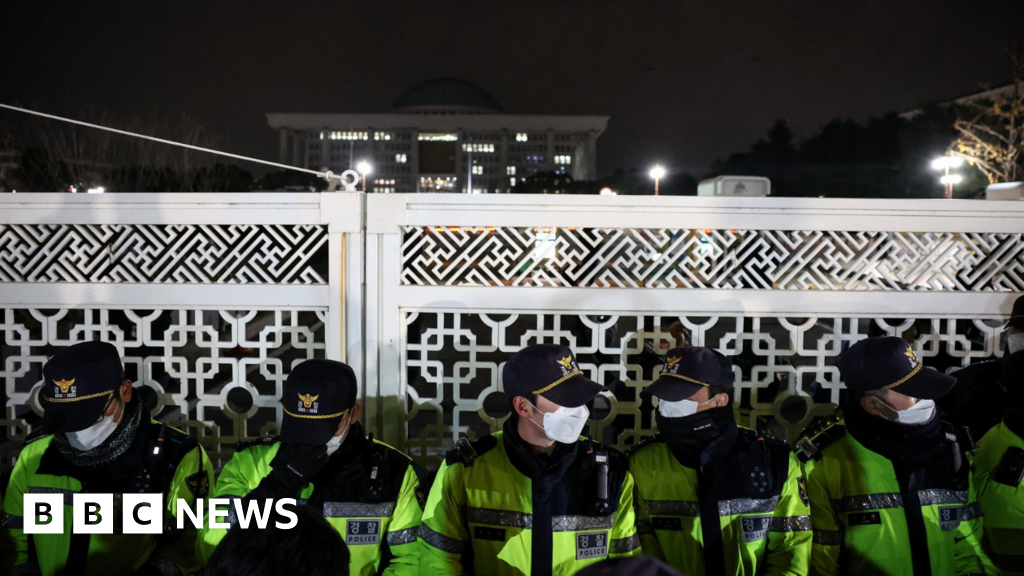You have a preview view of this article while we are checking your access. When we have confirmed access, the full article content will load.
The activist Sonam Wangchuk is leading protests to demand more autonomy for India’s remote Ladakh region, which shares borders with China and Pakistan.

Oct. 13, 2024
Sonam Wangchuk has worn many hats: as an engineer, an environmentalist and an education reformer.
His work has inspired a Bollywood movie, and he has been honored with what is often called Asia’s Nobel Peace Prize, the Ramon Magsaysay Award.
A native of Ladakh, an ecologically fragile Himalayan region of northern India, Mr. Wangchuk is now leading protests to demand more control over how that land is used and governed. With China to the east and Pakistan to the west, Ladakh is critical to India’s national security.
But the region was upended by the Indian government’s decision in 2019 to bring Ladakh under direct federal control.
Ladakh residents initially rejoiced at the change, thinking it would help preserve the remote region’s unique identity and culture. For many, the mood has since soured.
In the past month Mr. Wangchuk and a group of supporters trekked about 500 miles from Leh, the biggest city in Ladakh, to New Delhi, the nation’s capital. They plan to protest there until the Indian government agrees to restart talks on the issue.
Negotiations in March were inconclusive, but India’s Ministry of Home Affairs said in a statement at the time that the government is “committed to provide necessary constitutional safeguards” to Ladakh. It has not officially responded to the current protests.

 1 month ago
7
1 month ago
7












 English (US) ·
English (US) ·